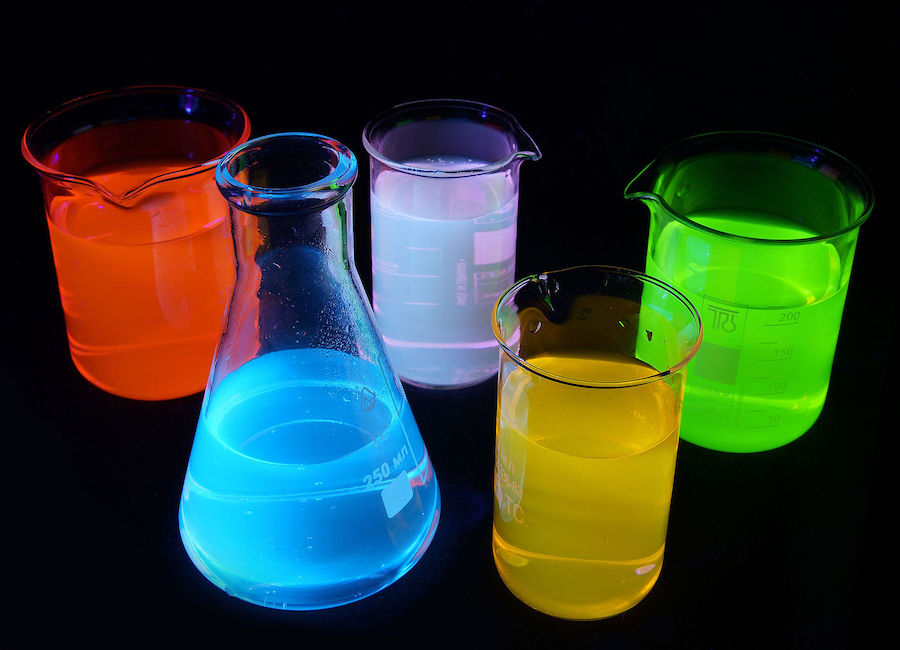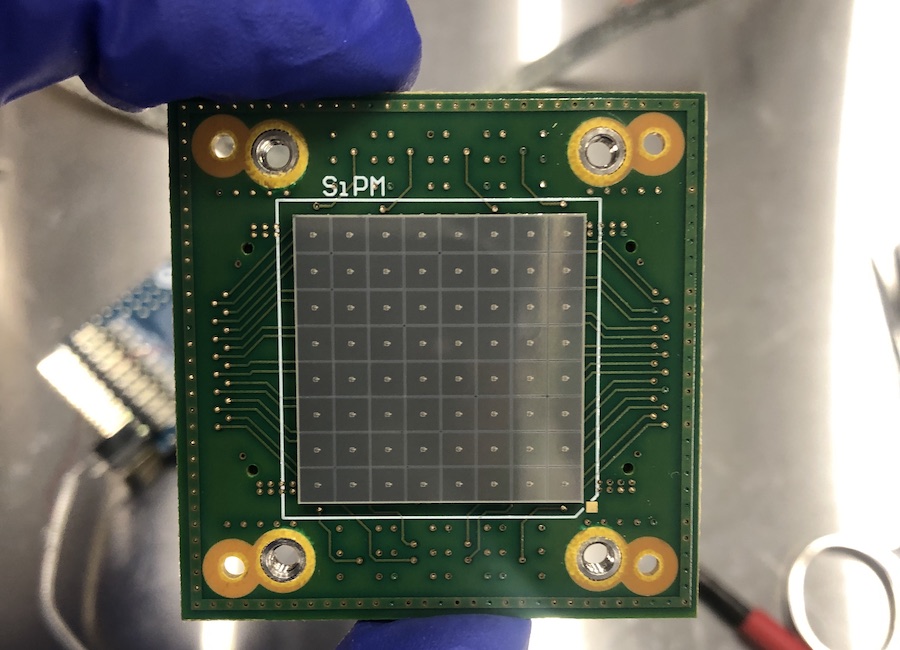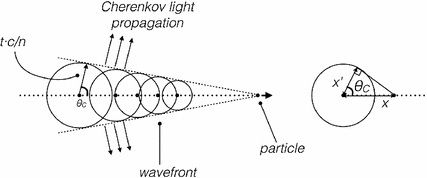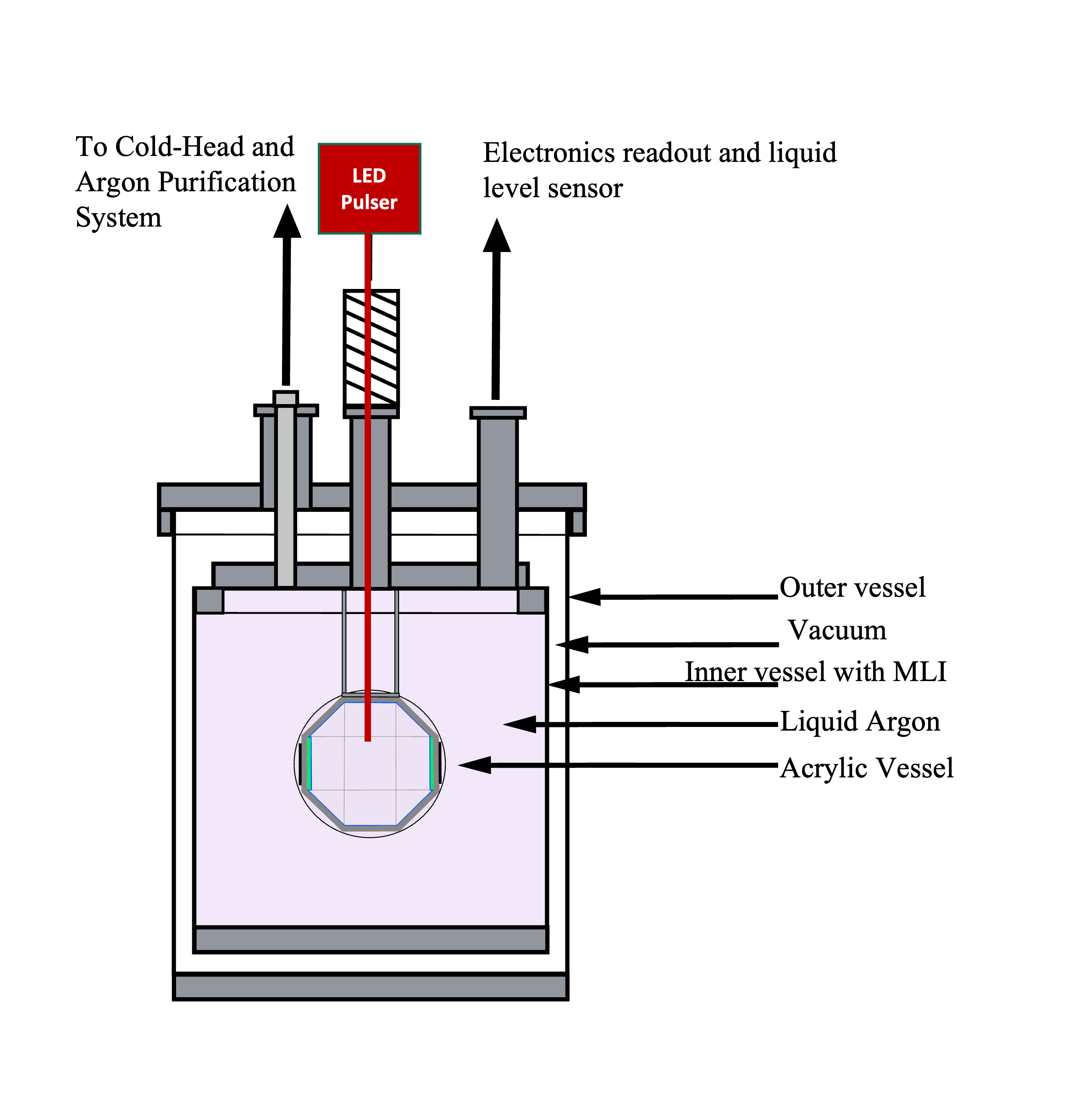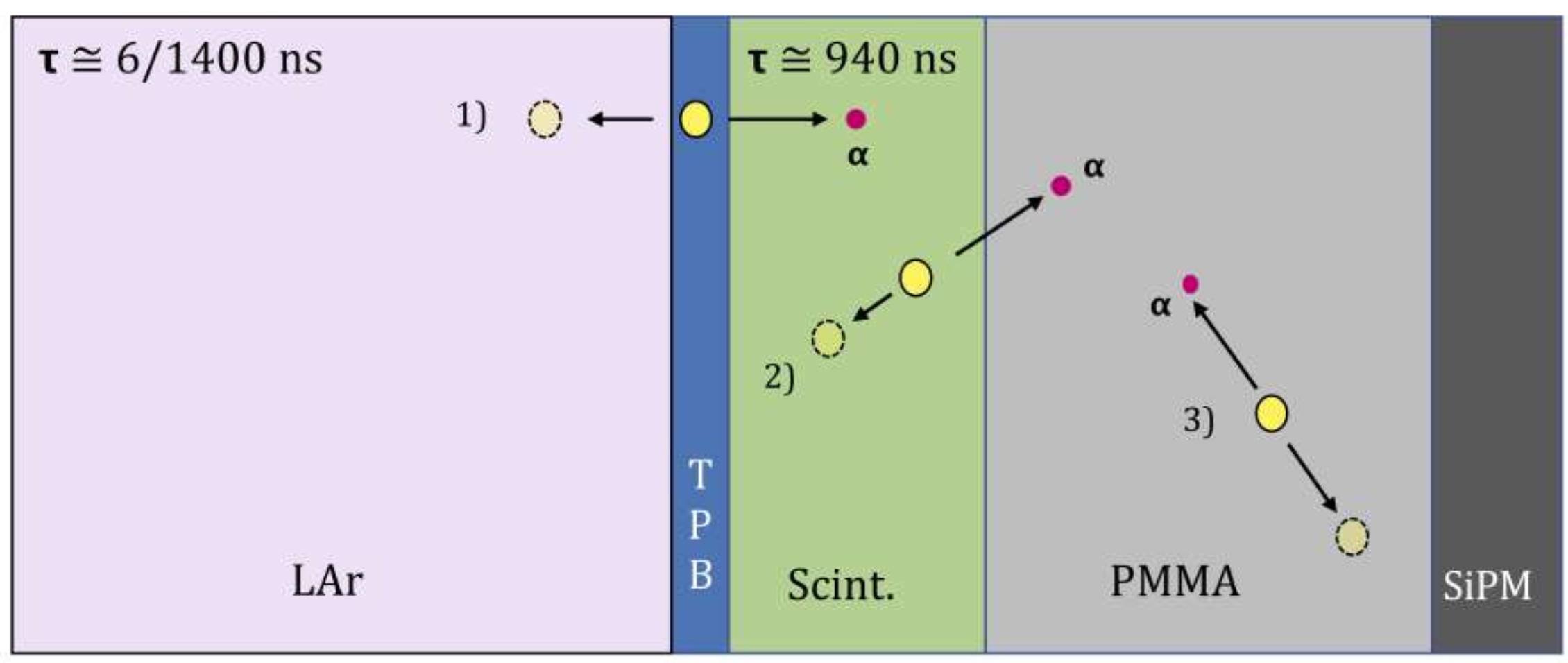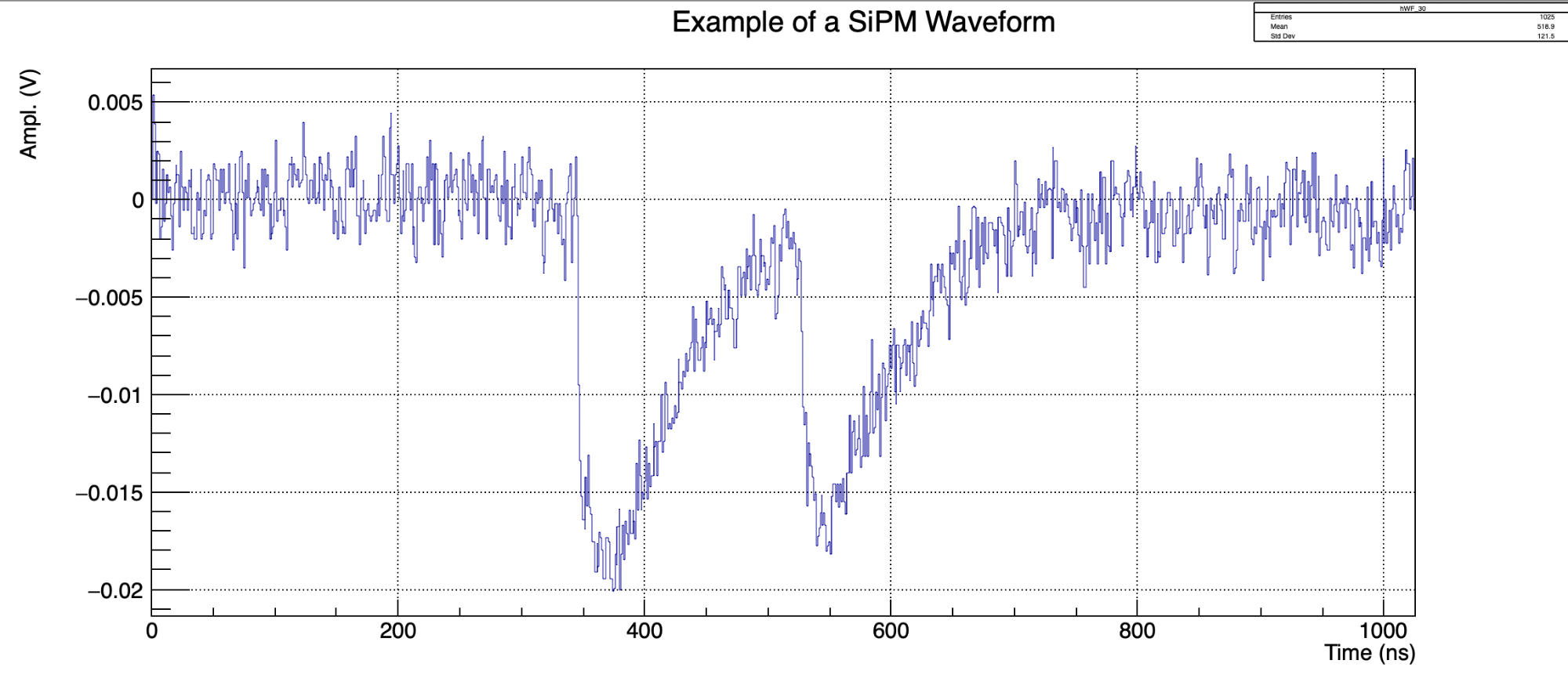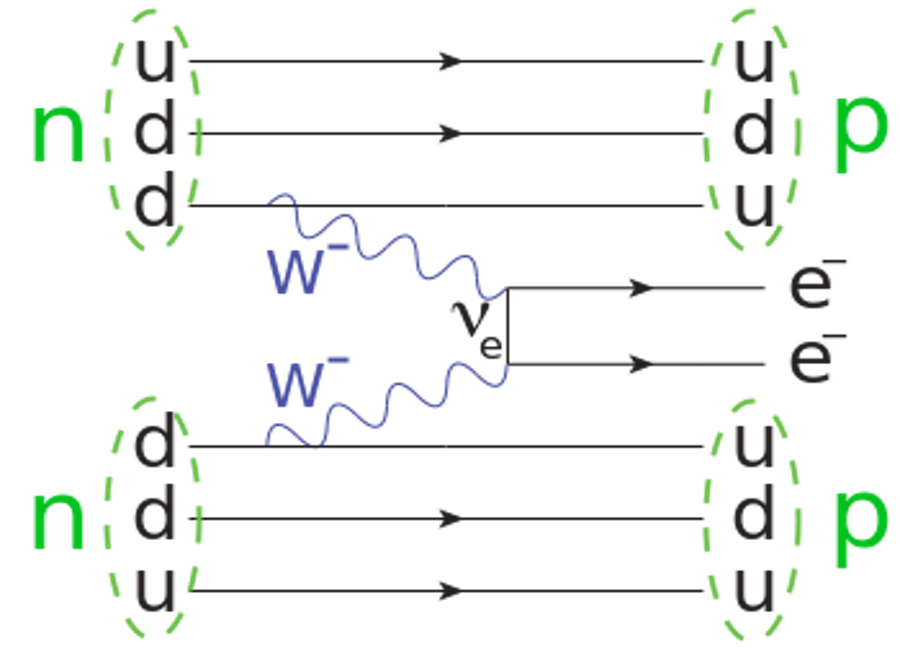Physics & More
Software & Programming
This section includes some physics related programming work I've contributed to.
MERCI
MERCI is a modular online/offline waveform analysis software in development for fast implementation and analysis of digitized waveform data for SiPM and PMT based experiment readout. MERCI is being developed by scientists from the Darkside, nEXO and Alpha collaborations for live experimental data analysis. I am one of the lead developers of the project, which is still in it's early stages. If you're interested in using or contributing to MERCI please reach out!
ROOT Tutorial & other small projects
I've written and shared a short tutorial for compiling a custom project into ROOT, this is a good starter template for a new compiled ROOT/C++ project and explains things at a lower level than in the ROOT Reference guide materials. I also post other physics programming projects on my GitHub for sharing as well.
Science Outreach
See below for information on some science outreach projects I've been a part of!
Let's Talk Science
LTS is a national science outreach organization that partners university science students with local elementary and high school's. They bring practical and fun science demonstrations to schools and perform live experiments with the students involved. I volunteered with LTS for 2 years while at Carleton University and it was a blast! LTS performs a critical service of providing science outreach to underrepresented areas, and has dozens of dedicated excursions to isolated indigenous communities. See below for more information on Let's Talk Science.
Ottawa Science Innovation Challenge
For two years I volunteered with the Ottawa Science Innovation Challenge. OSIC is a science competition that high school students across Ontario can take part in. The challenge is a great opportunity for interested high school students to get a taste for what real science looks like. Contestants are required to come up with a novel research question, perform a thorough literature review and write an experimental proposal, which is graded by volunteer graduate student researchers. The theme of the competition varies from year to year, but focusses on real cutting edge scientific questions. For two years I volunteered as a guest judge and provided feedback on students scientific proposals. This was a great experience and I was able to learn a lot from the program as well as from the students!

